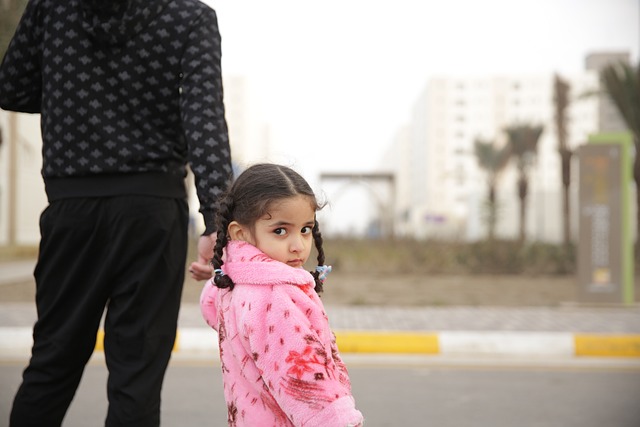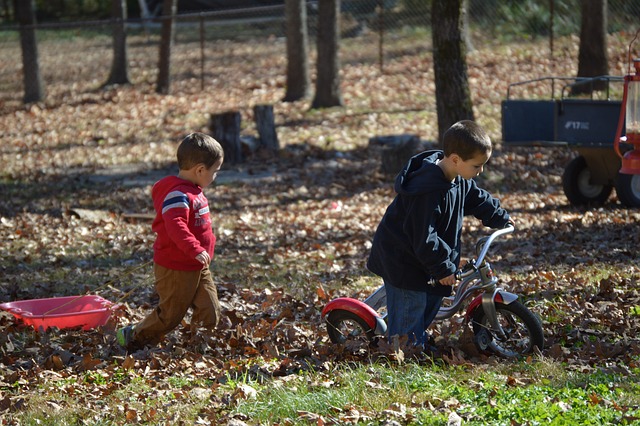Juvenile law specialists, including child welfare attorneys and juvenile lawyers, play a vital role in protecting children's rights within the legal system. They navigate complex cases involving neglect, abuse, delinquency, and foster care placement, ensuring minors' well-being and best interests. These professionals advocate for safe environments, collaborate with various stakeholders, and work towards preventing harm, fostering positive outcomes, and strengthening families and communities through child advocacy. By focusing on child protection, they create a robust system that addresses unique youth needs, prevents unnecessary family separations, and promotes children's rights in court proceedings and foster care settings.
- Understanding Juvenile Law: Navigating the Legal System for Child Protection
- The Role of a Child Welfare Attorney in Ensuring Safe Environments
- Juvenile Court Proceedings: Defending Children's Rights and Interests
- Advocating for Change: Strategies to Enhance Child Advocacy and Foster Care Legal Services
Understanding Juvenile Law: Navigating the Legal System for Child Protection

Understanding Juvenile Law is a cornerstone in defending and protecting children’s rights legally. This intricate field focuses on ensuring the well-being and best interests of minors involved in legal proceedings, encompassing issues like neglect, abuse, delinquency, and foster care placement. Navigating the juvenile system requires specialized knowledge to advocate for vulnerable youth. A qualified juvenile lawyer or child welfare attorney guides children and their families through juvenile court, ensuring their rights are upheld while pursuing outcomes that promote stability and growth.
Child protection involves a complex interplay of laws, policies, and advocacy strategies tailored to address the unique needs of young individuals. Whether facing child neglect, abuse, or delinquency charges, having a child rights lawyer with expertise in child welfare is invaluable. They provide crucial legal services that foster care placement, protect against unwarranted detentions, and promote positive outcomes for children, ultimately aiming to strengthen families and communities through child advocacy.
The Role of a Child Welfare Attorney in Ensuring Safe Environments

A Child Welfare Attorney plays a pivotal role in safeguarding and promoting the rights of children within the legal system. These specialized lawyers navigate the complex landscape of juvenile law, focusing on ensuring safe and nurturing environments for vulnerable young individuals. By advocating for children in cases involving neglect, abuse, or delinquency, they become powerful agents of change, guiding their clients through the intricacies of the juvenile court system.
The expertise of a child welfare attorney extends to various areas, including foster care legal services, where they ensure proper placement and support for children removed from their homes. They also represent children’s interests in protection proceedings, working tirelessly to prevent further harm and promote their long-term well-being. These attorneys collaborate with child advocacy groups, social workers, and other professionals to create a comprehensive network of support, ultimately fostering a society where children’s rights are upheld and protected at every turn.
Juvenile Court Proceedings: Defending Children's Rights and Interests

In Juvenile Court Proceedings, the primary focus is on the well-being and best interests of the child. Here, specialized juvenile lawyers advocate for children and their rights within the child welfare system. These legal professionals play a crucial role in ensuring that minors’ interests are protected from potential neglect, abuse, or delinquency. They guide children and their families through complex juvenile court systems, offering vital foster care legal services to help secure safe and stable living arrangements.
The child protection attorney’s duty extends to advocating for the child’s rights in cases of child abuse or neglect. They work diligently to prevent unnecessary separations from parents or guardians while also ensuring that children receive the necessary support and treatment. Moreover, these lawyers foster child advocacy, encouraging collaboration between various agencies involved in a child’s life to create a comprehensive plan for their future, free from harm and exploitation.
Advocating for Change: Strategies to Enhance Child Advocacy and Foster Care Legal Services

Advocating for change is a multifaceted approach to enhancing child advocacy and foster care legal services. Juvenile law experts can collaborate with community organizations, government agencies, and schools to raise awareness about children’s rights and available resources. Educational initiatives, such as workshops and seminars, can equip parents, caregivers, and educators with the knowledge to recognize and report potential child neglect or abuse.
Effective strategies include lobbying for stronger legislation that protects children from exploitation and violence, as well as advocating for increased funding for child welfare agencies and legal aid organizations. A dedicated juvenile lawyer or child rights lawyer can play a pivotal role in navigating complex juvenile court systems, ensuring that the best interests of the child are at the forefront of every decision. By fostering partnerships and implementing comprehensive strategies, child welfare attorneys, including those specializing in child neglect and child abuse cases, can help create a more robust system that protects and promotes the well-being of children within foster care settings.
Protecting children’s rights requires a multifaceted approach, and the legal system plays a pivotal role in ensuring their safety. By understanding juvenile law and leveraging the expertise of specialized child welfare attorneys, we can effectively navigate complex court proceedings to defend vulnerable young lives. These professionals advocate for change, pushing for enhanced foster care legal services and improved strategies to address juvenile delinquency, neglect, and abuse. Together, we can create a more robust framework that fosters a brighter future for children, where their rights are respected, and their interests are protected.
